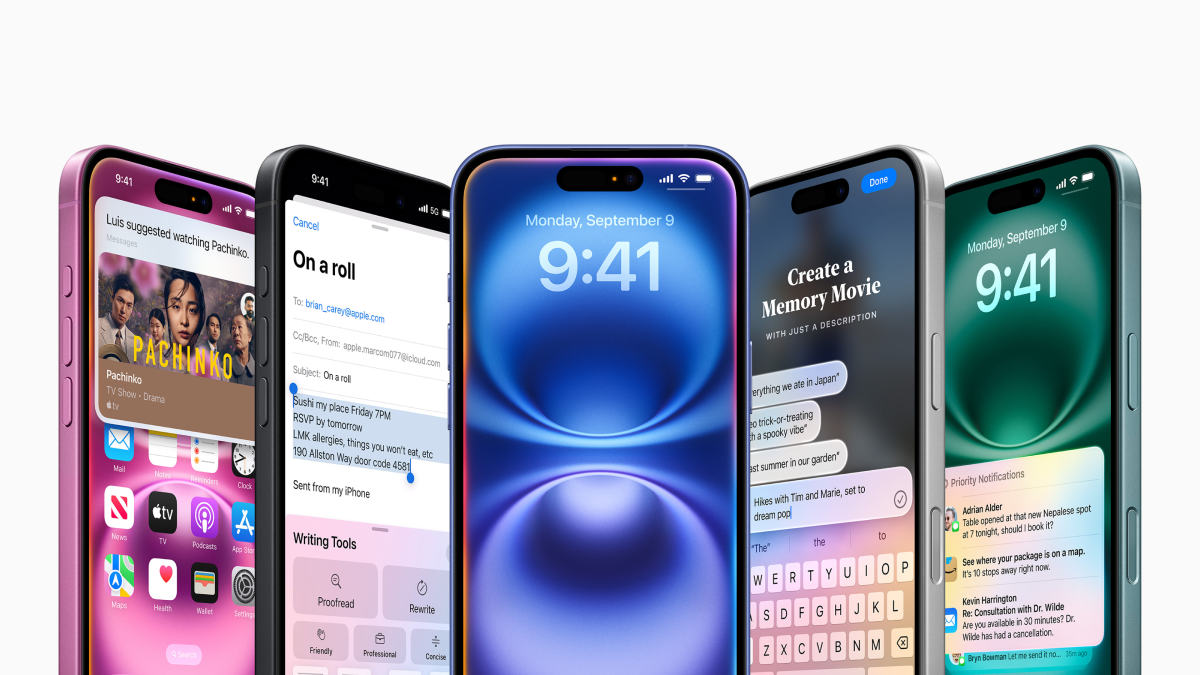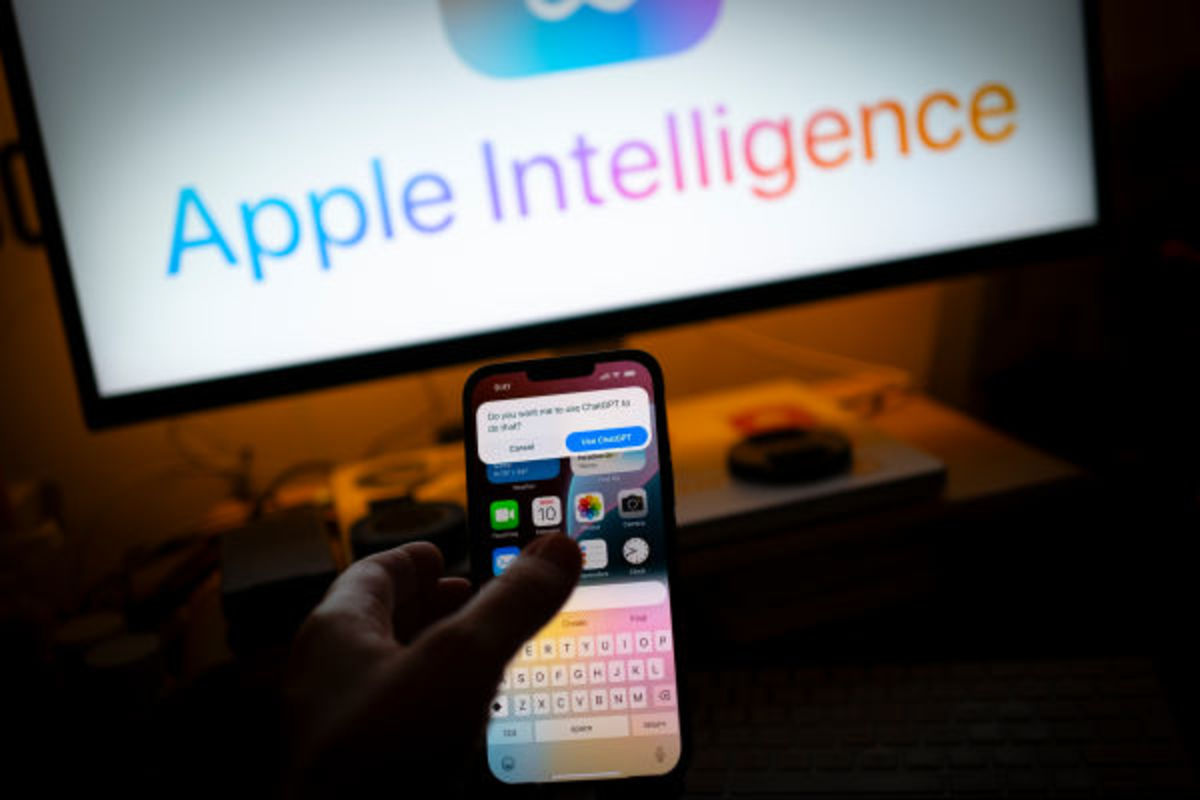
Apple shares moved lower in early Monday trading following a trio of reports that suggest early demand for its new iPhone 16s is falling behind last year's levels.
Apple (AAPL) , which launched its new iPhone 16 last week, is betting that the latest AI-infused iteration of its signature smartphone will reverse the recent decline in global demand.
The new models, which go on general sale later this week, will cost between $799 for the basic iPhone 16 and $1,199 for the highest-end iPhone Pro Max.
The highly touted Apple Intelligence features that the phones will ultimately boast, however, will be rolled out over the coming weeks and months, starting with a new iOS 18 operating system that will be available for download starting today.
That delay, along with intensifying competition in China and a broader sense of upgrade fatigue from cash-strapped consumers, looks to have resulted in some early demand disappointment, according to a note published Monday by Citigroup.

NurPhoto/Getty Images
The investment bank said that delivery times for preorders of the new iPhone 16s are shorter than those observed for last year's iPhone 15 launch, suggesting a balance in supplies that hasn't been tested by a surge in demand.
"Notably, compared to the first day of iPhone 15 pre-orders, delivery times for the iPhone 16 are, on average, a week shorter," Citi analysts wrote.
Related: Huawei answers Apple's iPhone 16 with the first trifold phone
"Delivery times are longest for the Pro Max models, followed by the Pro, and consumers are opting for larger storage options, with 256GB and 512GB models showing longer lead times," Citi added, calling this tilt toward higher-end models a "premiumization" trend.
Hilarious that we are watching Apple's stock go down billions because of one report that sales were light for the new phone. We have heard this story before...
— Jim Cramer (@jimcramer) September 16, 2024
Analysts from Jefferies also observed soft consumer interest, particularly in the U.S., and noted that some iPhone 16 models have been available for store pickup almost immediately.
iPhone 16 demand dip
Taiwan-based Apple analyst Ming-Chi Kuo, meanwhile, reported that Apple sold an estimated 37 million new iPhone 16 units in its opening weekend, down around 12.7% from the first days after last year's iPhone 15 launch.
Demand for the new iPhone series could prove crucial for the broader AI investment thesis, as Apple is seen as the best-placed tech group to to deliver the new technology at the consumer-facing level through its 1.4 billion user base.
Related: Analyst revisits Apple stock price target after iPhone 16 launch
It's also looking to infuse interest in the iPhone, which accounts for around half its annual revenue, following a long stretch of weakening sales.
More AI Stocks:
- Palantir stock leaps on big S&P 500 boost for data analytics group
- Veteran fund manager unveils startling Nvidia stock forecast
- Analysts reset Alphabet stock price target before key September court event
For the three months ended in June, iPhone revenue slipped 1% from a year earlier to $39.3 billion, while China sales were down 6.5% to $14.73 billion.
Apple shares were marked 2.6% lower in premarket trading to indicate an opening bell price of $216.78. Such a move would extend the stock's one-month decline to around 3.6%.
Related: Veteran fund manager sees world of pain coming for stocks







